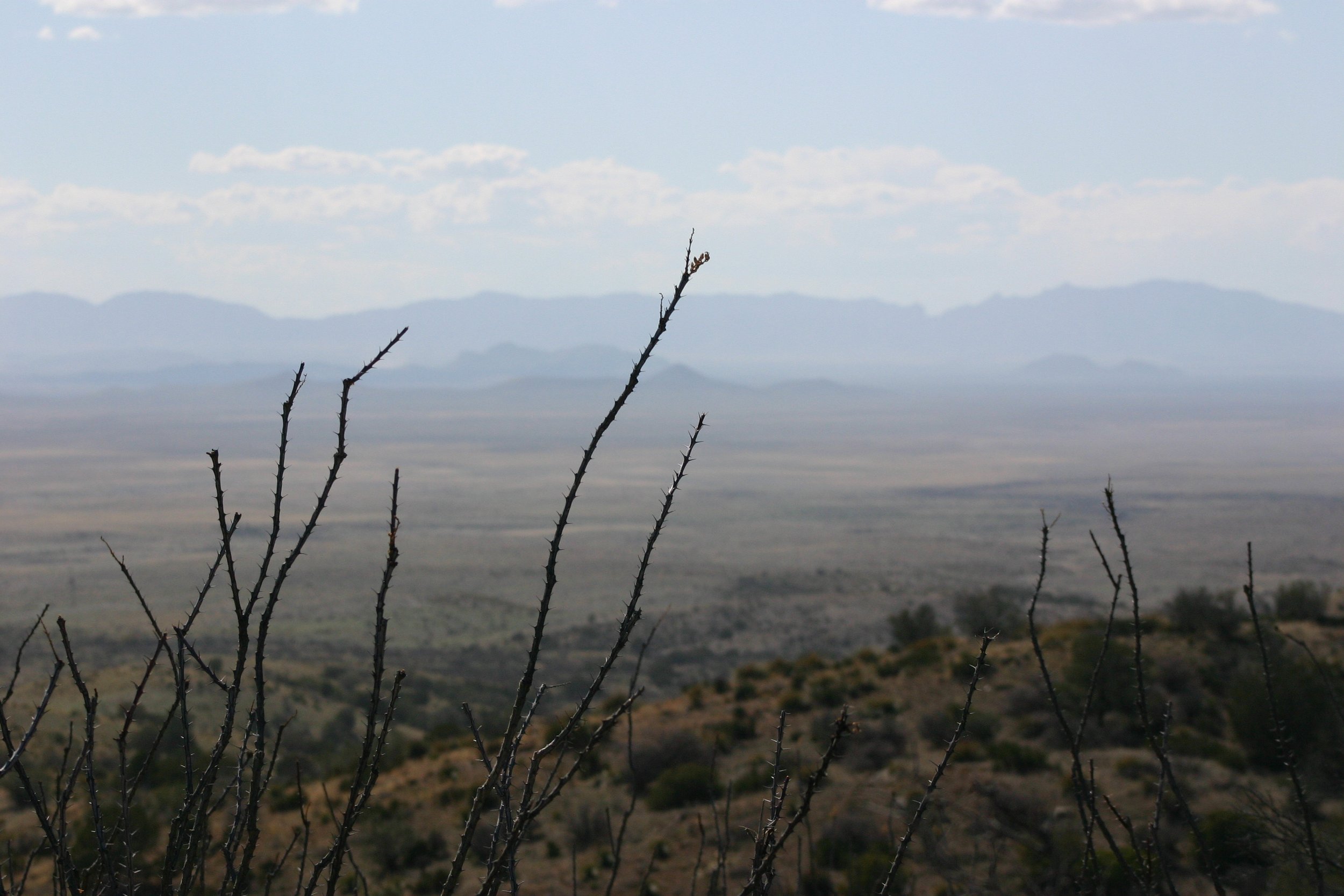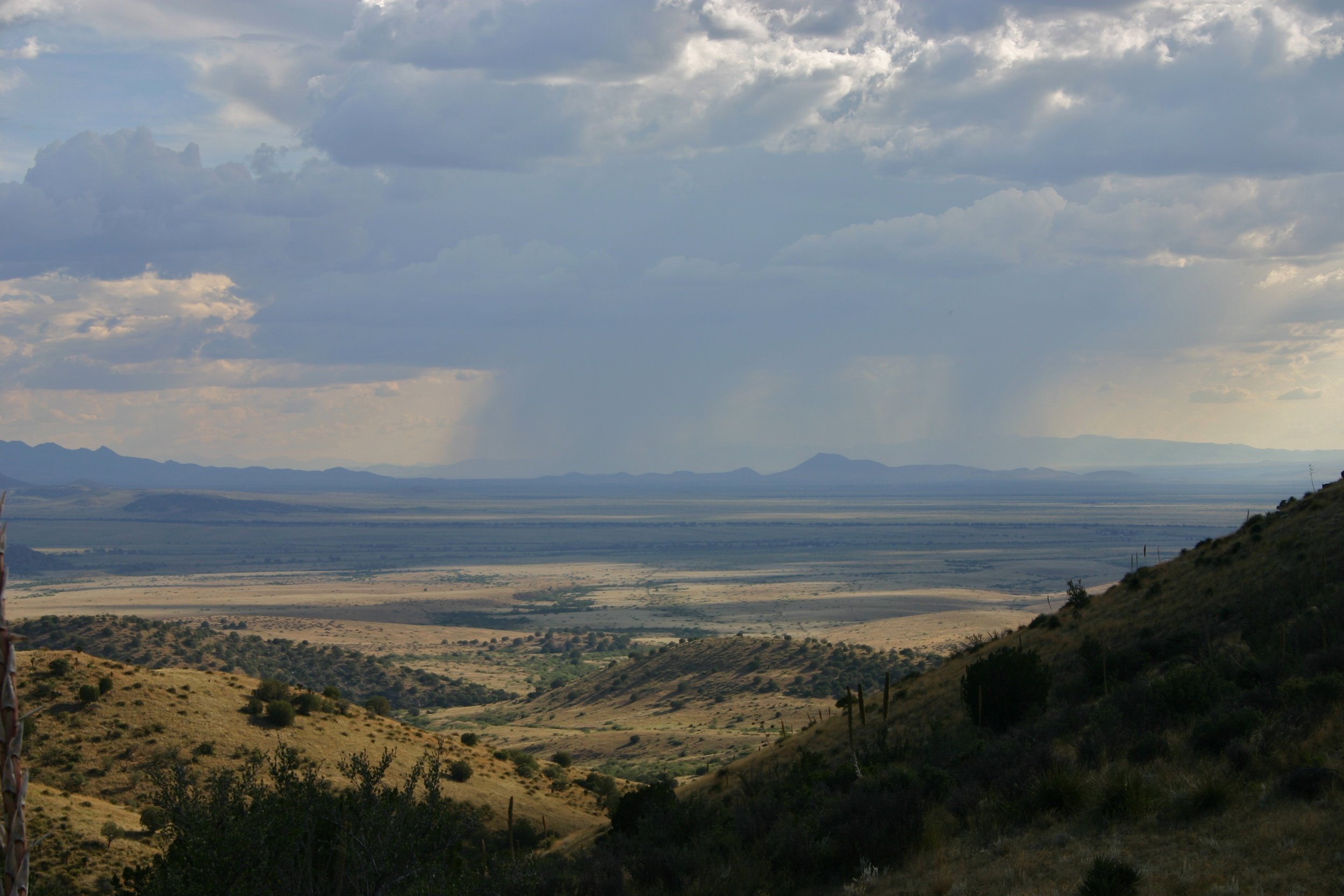
BRANNICK INSTITUTE
Center for Rangeland Preservation
and
Advanced Agriculture
The Brannick Institute is being formed to explore options of rangeland preservation; to support the creation of educational opportunities at The Mare Pasture related to rangeland preservation; and the implementation of rangeland preservation programs. If you are interested in becoming involved as a board director or donor, please CONTACT US. We welcome your ideas, input and suggestions.

RANGELAND
Mission Statement
Board of Directors
Goals
MISSION STATEMENT
The Brannick Institute provides facilities and opportunities for education and research, with an emphasis on environmental preservation, rangeland conservation, regenerative low-impact agriculture and creating sustainable communities.
BOARD OF DIRECTORS
We are in the process of identifying and researching highly qualified individuals who have the potential of becoming board members of the Brannick Institute. We are interested in attracting participation from individuals in the fields of environmental protection, finance, sustainable development, and creative contemporary design.
GOALS
The initial goals of the Brannick Institute are:
* To create strong working relationships with existing foundations and institutes devoted to the similar goals as our institute
* To develop The Mare Pasture as a model for preserving rangeland that can be used in other rangeland areas
* To develop other models of preserving rangeland
* To foster educational opportunities in architecture, agro-tourism, desert and rangeland ecology, the environment and social outreach
* To create physical spaces for University of Arizona extension classes
* To provide facilities and opportunities for residents of The Mare Pasture to engage in cultural, artistic and educational pursuits

HISTORY
Vision of the Brannick Community
University of Arizona, CAPLA
Urban Land Institute Grant
Tejido Group
Ranching in the Future Workshops
Riggs Settlement Rural Planning Area
The Mare Pasture
VISION OF BRANNICK
The initial vision of Brannick, a small sustainable community came from hours of searching, contemplating and formulating by John Riggs, Tucson architect and great-grandson of Brannick Riggs. Brannick Riggs was one of the earliest settlers in northern Cochise County, Arizona. John’s passion for and love of the family’s rangeland drove him to develop a vision to preserve the rangeland along with the wildlife, native vegetation, unobstructed viewshed and ranching lifestyle.
The vision of Brannick as a small, dense, sustainable community is to develop the same number of residences that could currently be built on his immediate family’s ranch, Red Wing Ranch but build them in a concentrated area of approximately five percent of the rangeland and preserve the remaining ninety-five percent as open space.
UNIVERSITY OF ARIZONA, CAPLA
After months of research, developing presentation documents and discussing the initial vision with immediate family members, John took the idea to the College of Architecture, Planning and Landscape Architecture at the University of Arizona in hopes that the college would use the vision as a class project, thereby generating a series of creative ideas supporting the development of the Brannick community vision.
URBAN LAND INSTITUTE GRANT
John along with staff of the College of Architecture developed and submitted, through the Drachman Institute at the College of Architecture, a grant request to The Urban Land Institute in the fall of 2006. That grant was awarded which allowed the College of Architecture to fund faculty to study and develop the vision of Brannick.
TEJIDO GROUP
The Tejido Group within the College of Architecture was selected to study and develop the vision and did so during the spring of 2007. On June 1, 2007 a workshop, requested by the Urban Land Institute, was held at the College of Architecture presenting the results of the college study to members of the community, Cochise County Board of Supervisors, Cochise Planning Department and members of the Riggs family. Panel members of the workshop included experts in planning and development.
The workshop was very successful and from that, John moved forward by assembling a group of individuals and organizations to prepare a series of workshops intended to engage the family and other residents of Cochise County with the goal of preserving rangeland.
RANCHING IN THE FUTURE WORKSHOPS
University of Arizona Agriculture Cooperative Extension along with Arizona Land Trust, now, Arizona Land & Water Trust were the entities who organized and presented the series of workshops which were held almost every month for a year. Those workshops became known as Ranching in the Future Workshops and have continued since 2007 and have expanded to other counties in addition to Cochise County.
RIGGS SETTLEMENT RURAL PLANNING AREA
The final workshop presented a planning process known as The Rural Planning Area which was established by the Arizona legislature and Arizona Governor in 2005 as a process to amend county Comprehensive Plans. John along with a recent Cochise County planner chaired monthly meeting with family members and other individuals residing within a boundary established and titled the Riggs Settlement Rural Planning Area. Two years of monthly meetings resulted in a plan that was intended to be presented to the Cochise County Board of Supervisors. Because of some concerns of a few family members, the plan was not submitted.
THE MARE PASTURE
John believes that the success in preserving rangeland is supported by the success of Brannick and the success of Brannick depends on the preservation of family rangeland. In addition, Brannick will not be sustainable without the ability to grow. The growth will be accommodated by the development of smaller, sustainable, neighborhood communities linked to the community of Brannick. The Mare Pasture is planned as one of these smaller communities. John controls the ownership of the land where The Mare Pasture will be established and is proceeding with its development
